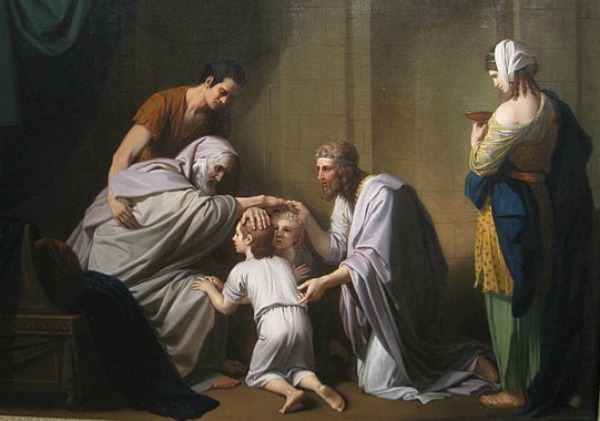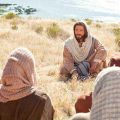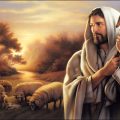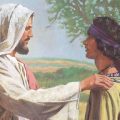Question
Gramps,
Could please tell the background of genesis chapter 48-50 and the subject in it ?
Naveen
Answer
Naveen,
Shortly before dying, Jacob (Israel) called his sons together to give them one final blessing. Reuben was his firstborn son, but lost the birthright due to disobedience (Genesis 35:22). Jacob chose Joseph to receive the birthright instead. He also adopts in Joseph’s children, Manasseh and Ephraim, as his own son and blesses them as well. Of note here, is that the younger son (Ephraim) was given the principle blessing over the younger (Manasseh).
Jacob then continues in blessing his 12 sons. His blessings both reveal their natures as well as prophecy concerning their posterity. To understand some of these statements better, re-read Genesis 29 – 50 and pay special attention to each of the sons individually. Reuben’s blessing contains a direct reference to Gen 35:22, and Simeon and Levi’s references the events of Gen 34.
Judah and Joseph’s blessings are by far the longest. Judah is promised the royal line and the Messiah will be among his descendants. This was literally fulfilled with King David (the second king over the nation Israel) whose progeny continued to rule over a portion of Israel until the Babylonian captivity. Jesus Christ was also a descendant of David, and ultimately, Judah.
Joseph is described as a fruitful bough, whose branches grow strong and reach out beyond the walls of a well. President Benson described how Lehi’s family fulfilled this prophecy.
“There are several points which we should note carefully about this blessing:
1. Joseph’s posterity would be numerous; that is, he would be a “fruitful bough.”
2. His posterity or “branches” would “run over the wall.”
3. His descendants would be sorely persecuted, which is the meaning of the phraseology “the archers have sorely grieved him, and shot at him, and hated him.”
4. The blessings on Joseph’s posterity were to prevail “above the blessings of my progenitors unto the utmost bound of the everlasting hills.”
…
[T]he Book of Mormon [is] named after one of the seed of Joseph who abridged the records of his people. The record tells the account of a colony of Israelites, descended from Joseph, who left Jerusalem before its great destruction during the Babylonian siege under King Nebuchadnezzar. It tells how these descendants of Joseph came “over the wall”—a metaphoric expression which denoted a barrier to them. That barrier was the great ocean between the continents of Asia and the Americas. This record tells how they were guided by the hand of the Lord to the land of America, a land of promise to Joseph and his descendants, a land “of everlasting hills.” It tells how Joseph’s posterity became very numerous upon the land until they filled it with a mighty nation. All this was in fulfillment of Joseph’s blessing! The Book of Mormon further records the destruction of this mighty civilization because of their departure from the commandments of the God of Israel. (A Message to Judah from Joseph)”
These blessings were renewed and expanded by Moses in Deuteronomy 33. In modern times, these blessings are passed on to the living heirs in each tribe. Joseph’s inheritance is still in the “everlasting hills”. Ephraim is charged today with the gathering of Israel, and so continues to “push the people together to the ends of the earth”. Your patriarchal blessing will let you know which tribe you’re from and what blessings you may also claim as your own.
Gramps







